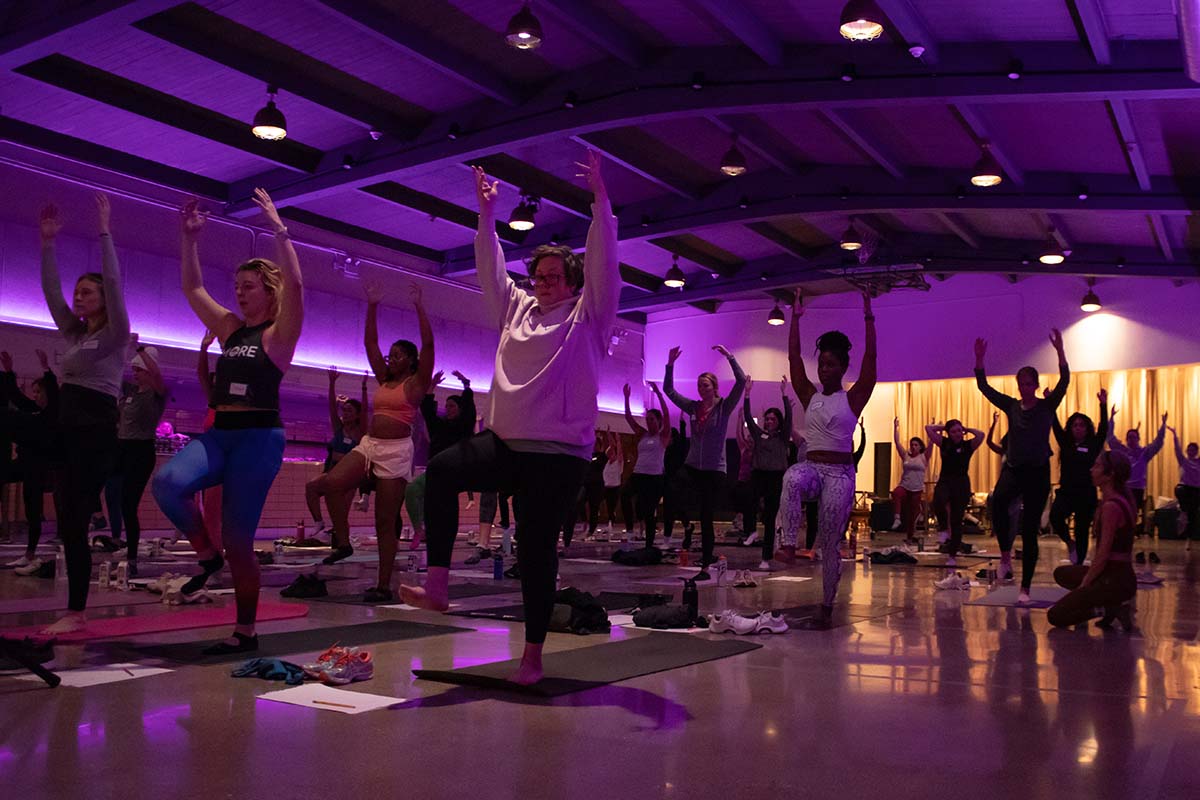How Much Sleep is Too Much Sleep?
When you’re beyond exhausted, nothing feels better than flopping onto your bed and closing your eyes. You’ve finished your work for the day and you know that nothing stands between you and a sweet night of rest. You wake up the next morning — perhaps quite a bit later than you intended — and you feel … just as tired as you did the night before. What’s going on? You might be oversleeping.
The National Sleep Foundation recommends adults between the ages of 18 and 64 get between seven and nine hours of sleep per night. It’s easy to think getting more than nine hours of zzz’s can help you feel more rested, but it turns out sleeping too much can have detrimental effects on your health.
There are a variety of underlying reasons behind a person’s tendency to oversleep. As Web MD points out, some individuals suffer from hypersomnia, or excessive sleepiness. Those with obstructive sleep apnea, which causes people to repeatedly start and stop breathing during sleep, may also have a tendency to oversleep. Mental health is a top contributor to oversleeping, too. Approximately 15 percent of people with depression oversleep, according to Psych Central. The use of alcohol and certain prescription medications can cause one to oversleep as well. But even if you don’t feel any of these reasons apply to you, you could still be oversleeping. If sleeping too much seems to be a recurring trend in your life, a visit to the doctor’s office could help you figure out why.
If you are oversleeping, be warned — it can increase your risk of a series of medical conditions. Those who oversleep are susceptible to a higher risk of diabetes, stroke, obesity, heart disease and mortality, according to The Huffington Post. Oversleeping could impair your fertility and, as Wired points out, cause memory problems later in life. Web MD notes that sleeping too much can cause back pain and headaches. And if you’re already suffering from symptoms of depression, oversleeping can actually make your depression worse.
If you’ve determined that you are oversleeping, take a step back and look at your lifestyle to see how you can avoid excessive tiredness even after a solid night of sleep. Something as simple as exercising more often or avoiding caffeine and alcohol close to bedtime can decrease your likelihood to oversleep.
The Huffington Post spoke with various sleep experts about oversleeping. They recommended everything from putting away technology at least an hour before bedtime to steering clear of naps after 4 pm. One expert said oversleepers should keep a set sleep schedule, even on the weekends. Another advised purchasing a sunrise alarm clock to expose yourself to light as you wake up.
Still, the question remains: Exactly how much sleep is too much? Robert Rosenberg, DO, a sleep medicine specialist, told The Huffington Post that in general, anything over nine hours is too much sleep. If you think you’re oversleeping, consider these tips for reassessing your sleep schedule, and don’t be afraid to ask your doctor for more information.












